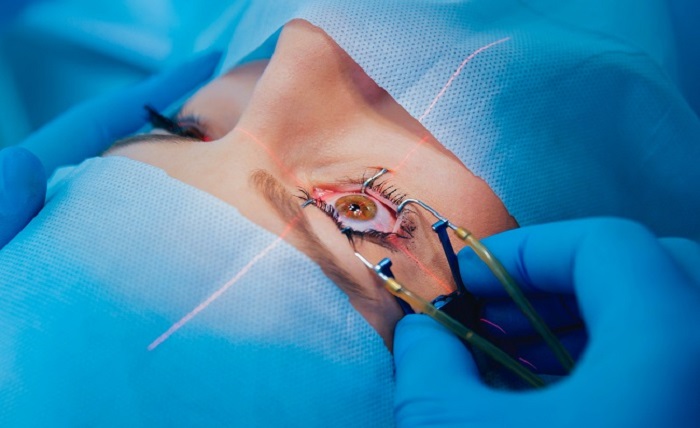
Do you want to avoid constantly reaching for your glasses or fumbling with contact lenses every morning? LASIK eye surgery may be the solution you’ve been looking for. This revolutionary procedure uses a precise laser to reshape the cornea, improving vision for many patients with refractive errors.
But before you jump into scheduling, it’s essential to understand what to expect before, during, and after the procedure. From preparing for the surgery to managing your recovery, this comprehensive guide will walk you through every step of the LASIK process.
So, sit back, relax, and prepare to see the world in a whole new way. With this guide, you’ll have all the information you need to make informed decisions and ensure the best possible outcome for your vision.
Before The Surgery
Before this surgery, you will have a comprehensive eye exam to determine if you are a good candidate for the procedure. It will include measuring your corneal thickness, assessing the shape of your cornea, and testing your visual acuity. In addition, you will be asked about your medical history and any medications you are taking.
If you are a good candidate for LASIK, your surgeon will provide detailed instructions on preparing for the procedure. It may include stopping contact lenses a few weeks before the surgery and avoiding makeup, perfumes, and lotions on the day of the procedure.
On the day of the LASIK procedure, you will be asked to arrive at the clinic with someone who can drive you home after the surgery. You will be given numbing eye drops to reduce any discomfort.
During The Surgery
This procedure typically takes about 15 minutes per eye, and you will be awake and can communicate with your surgeon throughout the procedure.
Your surgeon will create a thin flap in the cornea using a microkeratome or femtosecond laser. Then, they will use a laser to reshape the cornea, improving your vision. The flap will be repositioned over the treated area and naturally adhere to the underlying tissue without stitches.
You may feel pressure or discomfort, but the numbing eye drops should prevent pain. Your vision may also be blurry or hazy during the procedure, but this is normal.
After The Surgery
After the procedure, you will be given different eye drops to prevent infection and reduce inflammation. Your surgeon will also provide detailed instructions on how to care for your eyes during the recovery period.
In the first few hours after the procedure, you may experience discomforts, such as dryness or eye itching. You may also experience sensitivity to light and some blurriness. These symptoms improve within a few days after the procedure.
You must avoid rubbing your eyes or getting water in them for the first few days after the procedure. You should also avoid strenuous activity and swimming for a week or two after the surgery to prevent eye damage.
Most people experience significant improvement in their vision within the first few days after LASIK surgery. However, your vision may take a few weeks to stabilise completely.
Attending all follow-up appointments with your surgeon is critical to ensure that your eyes are healing properly and your vision improves as expected. If necessary, your surgeon may also recommend additional treatment, such as prescription eye drops or a touch-up procedure.
Conclusion
LASIK eye surgery can be life-changing for those with refractive errors. Knowing what to expect before, during, and after the surgery can prepare you for a smooth and successful surgery and a speedy recovery. If you’re considering it, consult a qualified and experienced surgeon to determine if it’s right.



